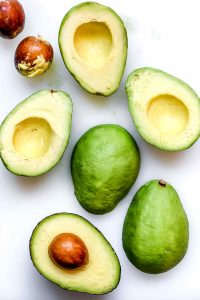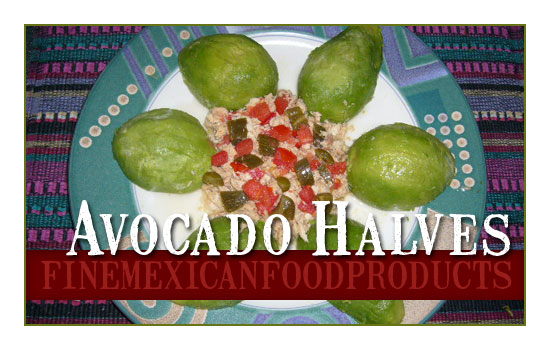Outbreaks of Listeria monocytogenes (L. monocytogenes) infections have historically been associated with contaminated deli meats, but recent outbreaks have been linked to produce. To date, avocados have not been identified as the source of any outbreaks of L. monocytogenes infections in the United States, but avocado samples have yielded strains that were closely related genetically to clinical L. monocytogenes isolates.
 To determine whether avocados have been a source of listeriosis, we conducted a retrospective review of epidemiological data for clinical isolates that were genetically related to isolates from avocados. Using a national database, we identified clusters containing clinical and at least one avocado isolate. We then selected clusters based upon isolation dates, cluster and composition size, and available food history data. For each cluster, we assessed whether (1) avocado consumption was higher among case-patients in the cluster than among those with sporadic illnesses, and (2) whether the only food isolates within the cluster were from avocados. If both conditions were met, the link was considered “likely,” if one condition was met the link was considered “possible,” and if neither condition was met evidence was “limited.”
To determine whether avocados have been a source of listeriosis, we conducted a retrospective review of epidemiological data for clinical isolates that were genetically related to isolates from avocados. Using a national database, we identified clusters containing clinical and at least one avocado isolate. We then selected clusters based upon isolation dates, cluster and composition size, and available food history data. For each cluster, we assessed whether (1) avocado consumption was higher among case-patients in the cluster than among those with sporadic illnesses, and (2) whether the only food isolates within the cluster were from avocados. If both conditions were met, the link was considered “likely,” if one condition was met the link was considered “possible,” and if neither condition was met evidence was “limited.”
Five of fifteen clusters met criteria for assessment. Of these, two were classified as having “limited” evidence for a link to avocados, two as “possible,” and one as “likely.” For the cluster considered “likely”, avocado consumption was significantly higher among case-patients in the cluster compared to sporadic illnesses (Odds ratio: 8.5, 95% CI 1.5-86.5). We identified three clusters that were likely or possibly linked to avocados, suggesting avocados could be a source of listeriosis in the United States.
Messaging on safe handling might be warranted for groups at higher risk, but further research is first needed to better characterize the ecology of pathogens on avocados and likelihood of internalization of L. monocytogenes.
Evaluation of avocados as a possible source of listeria monocytogenes infections, United States, 2016-2019, 16 February 2021
Journal of Food Protection
Mary Pomeroy ; Amanda Conrad ; James B. Pettengill ; Monica McClure ; Allison A. Wellman ; Jessie Marus ; Jasmine Huffman ; Matthew Wise





 2.2 lb. /bag 12 per shipping carton and Product code 00115 for Frozen Avocado Pulp.
2.2 lb. /bag 12 per shipping carton and Product code 00115 for Frozen Avocado Pulp.